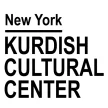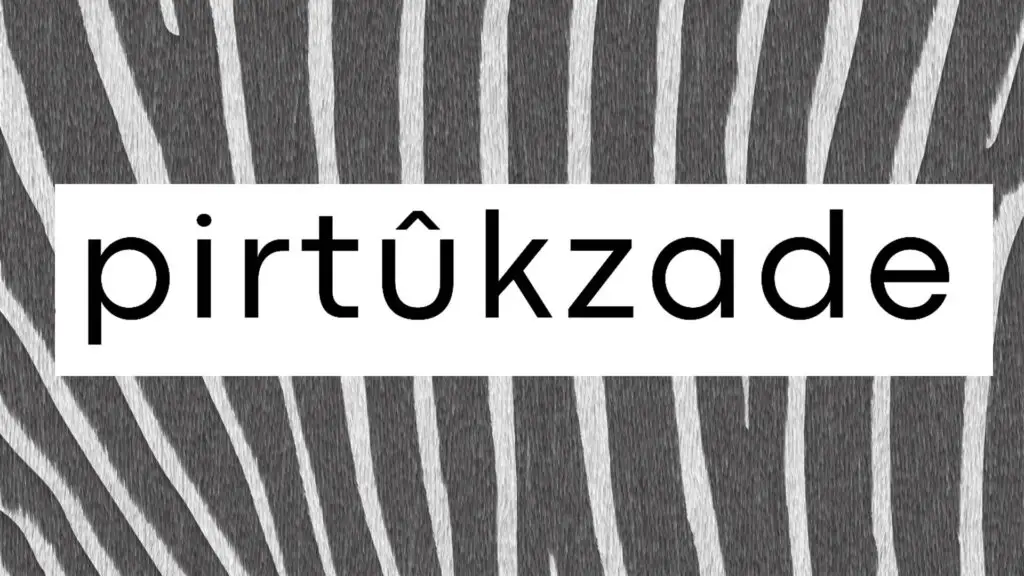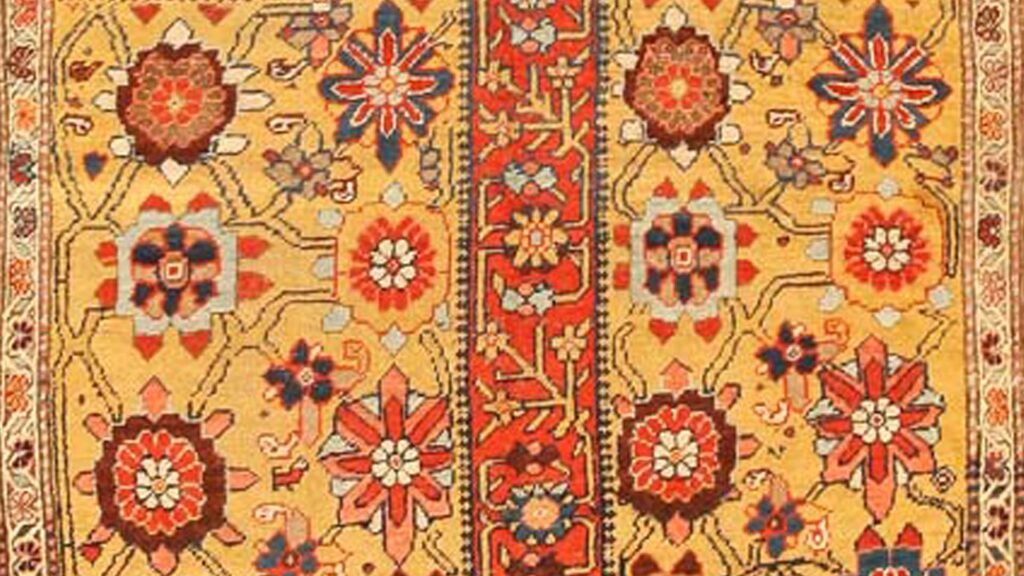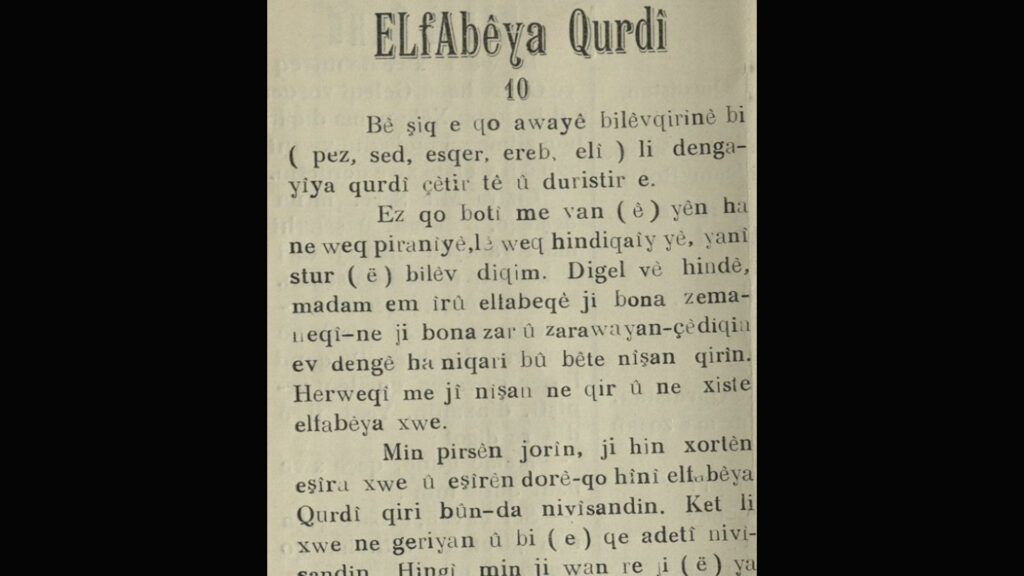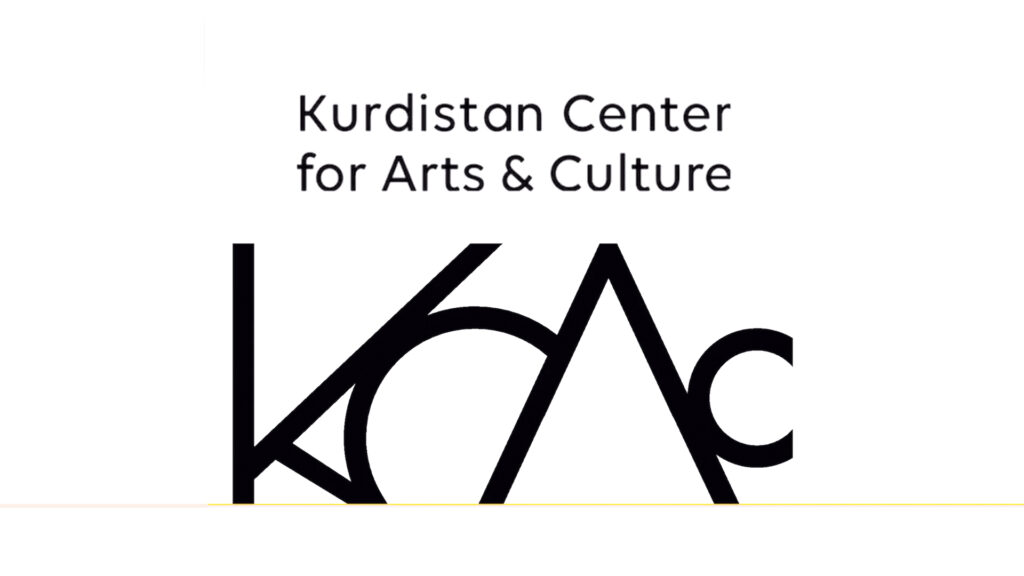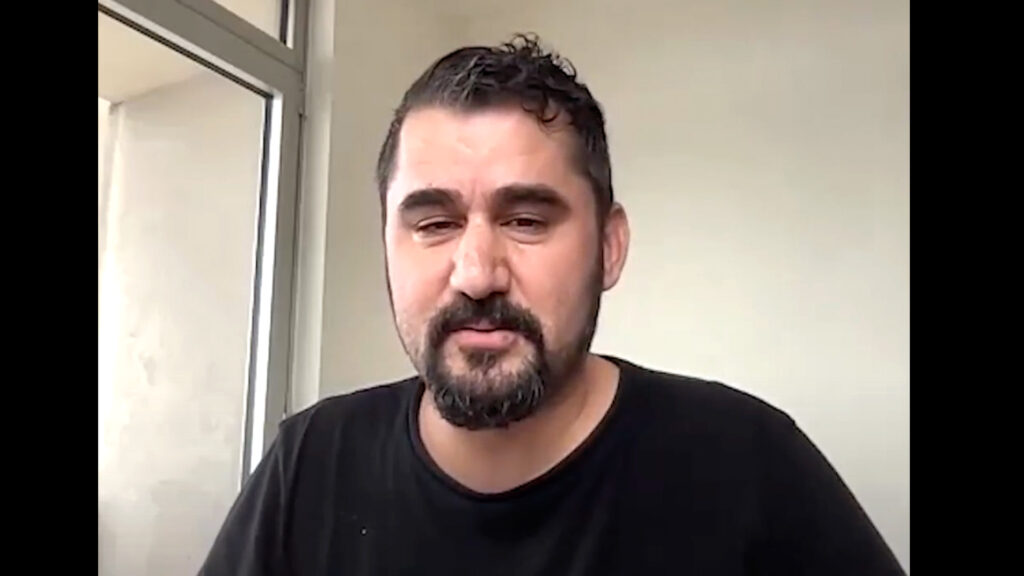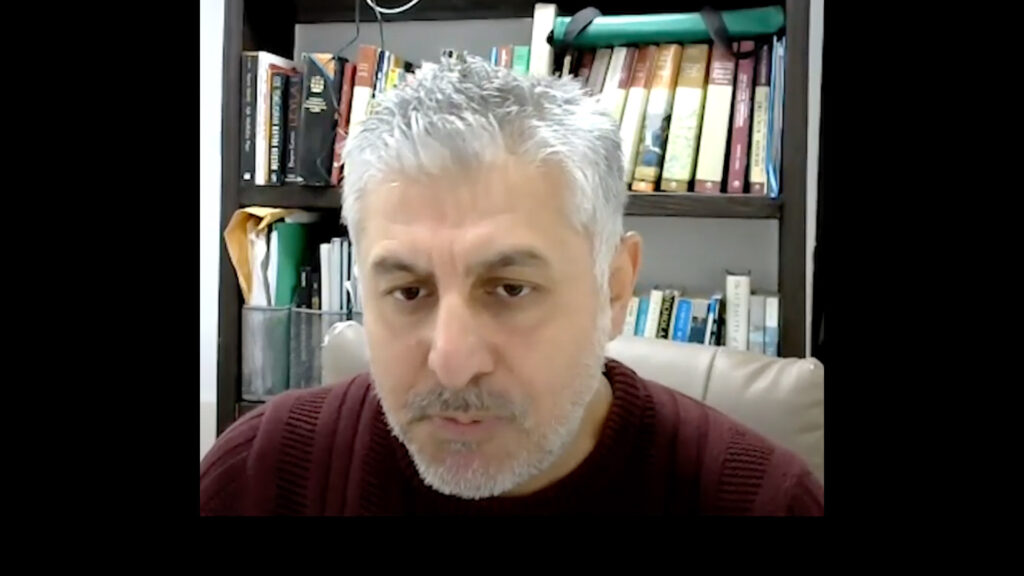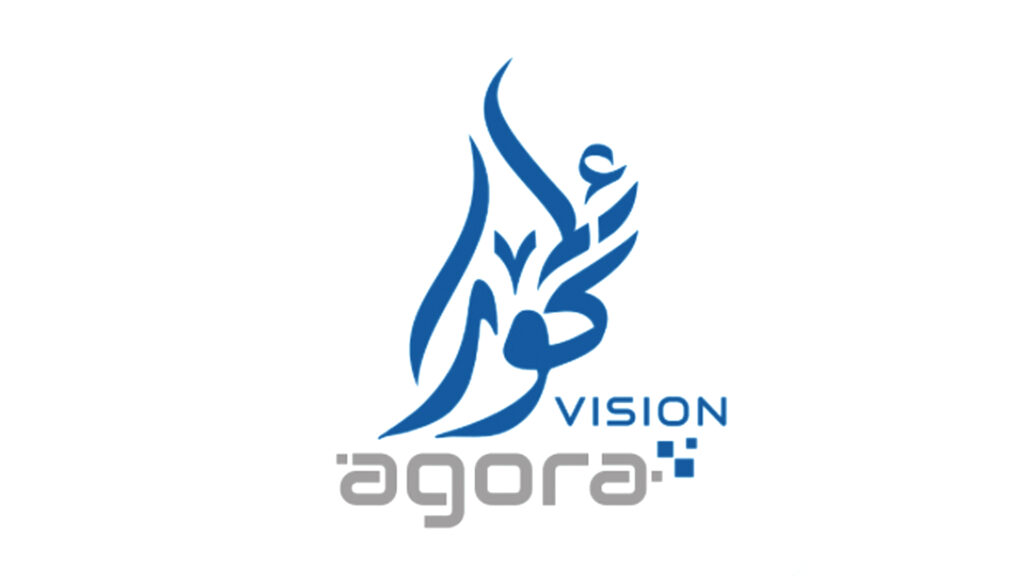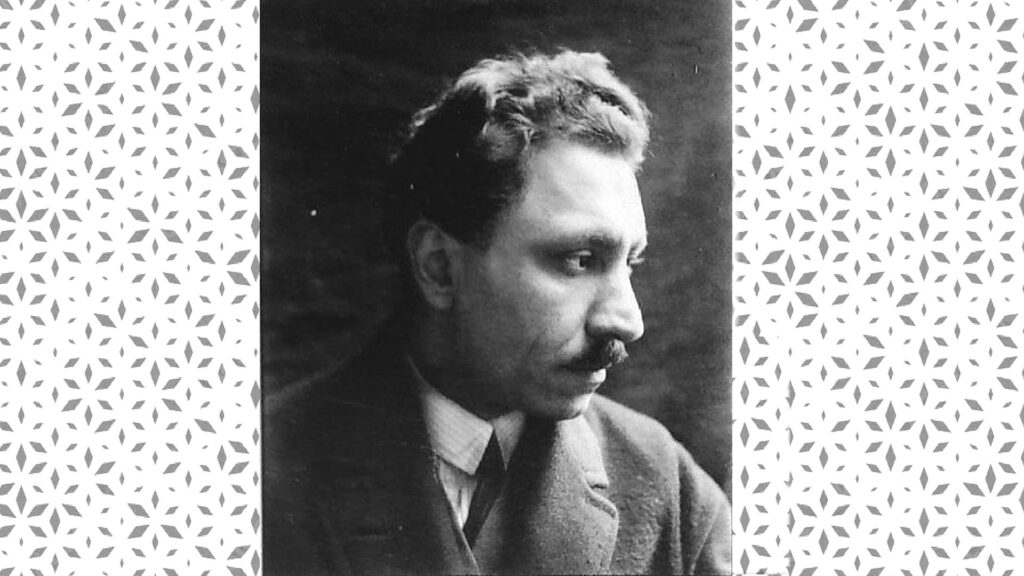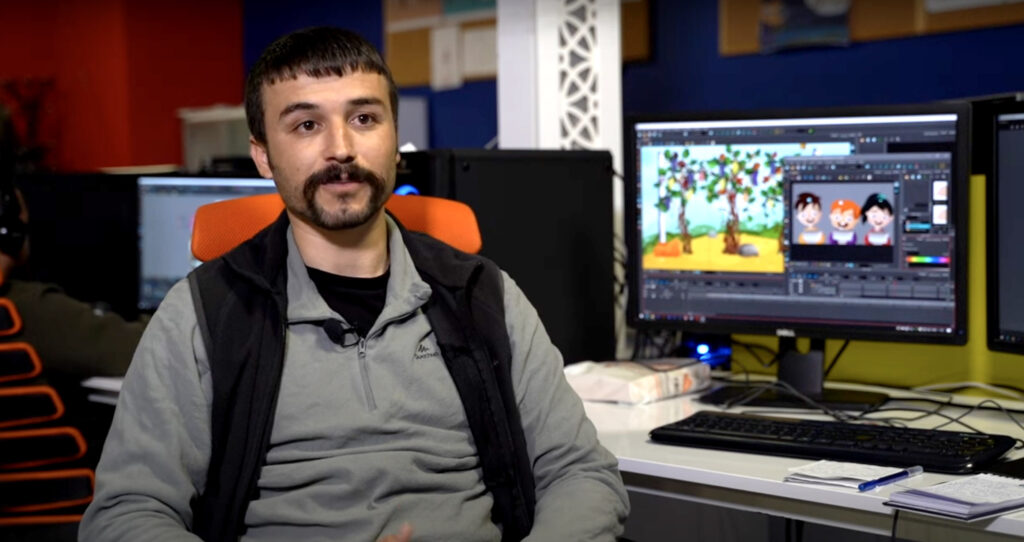Kurdish Languages
For Kurds, language is an organic bridge to our identity and our heritage.
“The” Kurdish language comprises several dialects. Especially in Turkey and Syria, Kurds speak Kurmancî, while Kurds in northeastern Iraq and in Iran mostly speak Sorani. Several million more Kurds in Turkey speak Zazakî. Along with several others, they belong to the Indo-European family of languages.
For centuries, as Kurds lived alongside diverse other Middle Eastern peoples, all spoke their languages freely. But after World War I, by the Treaty of Lausanne, Kurds were forced live as minorities in authoritarian states, and ruling powers restricted or banned their freedom to speak their mother tongue. The founders of the Republic of Turkey sought to create a purely Turkish nation—a goal that required eliminating all other ethnic groups, whether by assimilation or by removal. Atatürk (Kemal) immediately banned the teaching of Kurdish and its public use. While that policy has changed somewhat, the pressure to assimilate linguistically persists. As for Iran, its Islamic rulers today strictly forbid Kurdish publications and the teaching of the language.
Cultural freedom is inextricably linked to political and social freedom. So for Kurds, learning Kurmancî, Sorani, and other tongues is part of our struggle for cultural survival.
